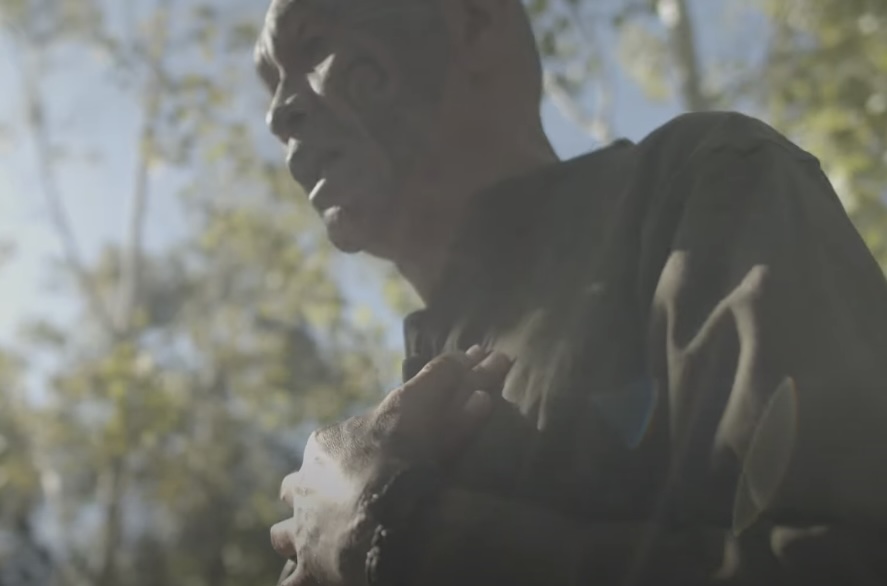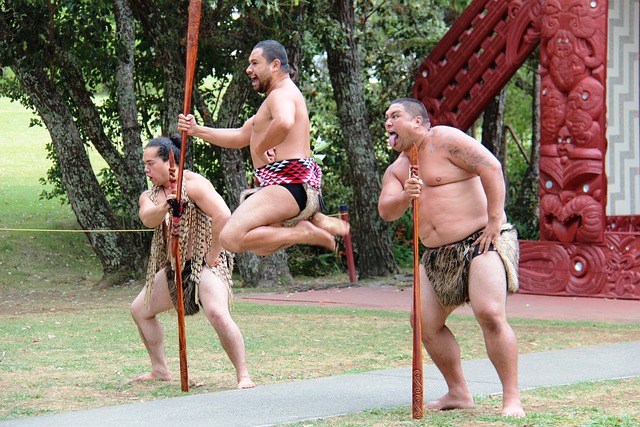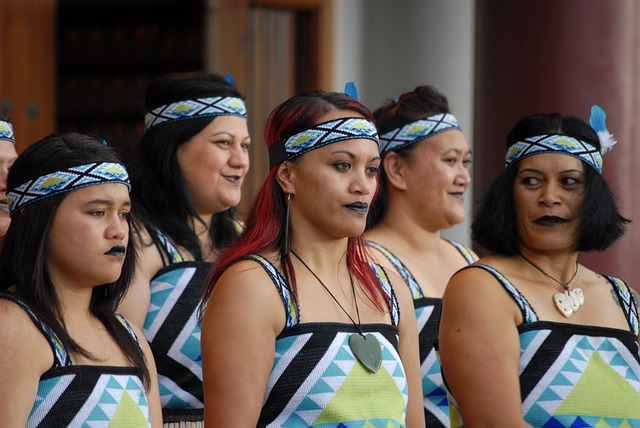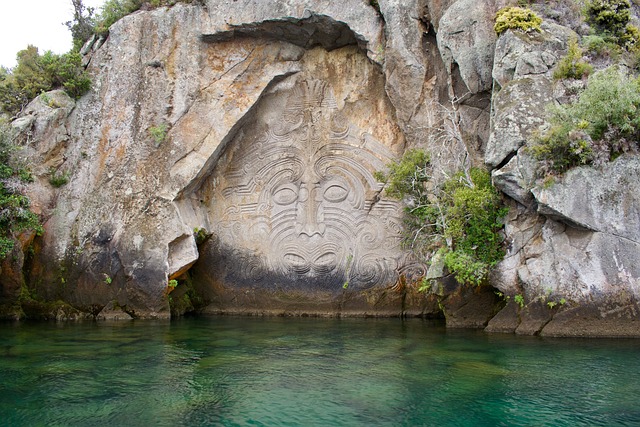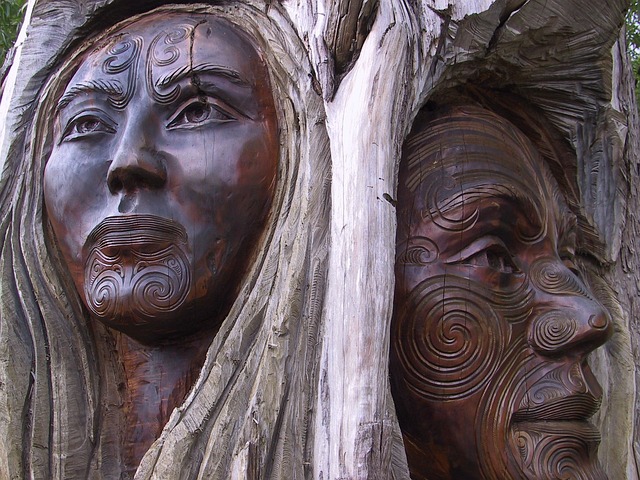In the rich tapestry of Maori culture, food transcends mere sustenance, embodying spiritual significance and communal bonding. The Maori prayer for food, known as “karakia,” is an integral part of this cultural expression, intertwining gratitude and respect for the resources provided by nature. This article delves into the depths of this tradition, offering insights into its historical roots, variations, and current practices.
The Essence of Karakia: Maori Prayer for Food
Karakia are recited in Maori culture to invoke spiritual guidance and protection. When it comes to food, these prayers play a pivotal role in ceremonies and daily life, reflecting the Maori’s deep connection with their environment and ancestors. The Maori prayer for food typically encompasses several key themes:
- Thanksgiving: Gratitude to the gods, particularly Rongo, the god of cultivated food, and Haumia-tiketike, the god of wild food.
- Respect for Nature: Acknowledging the sacrifices of the plants and animals.
- Blessing the Food: Ensuring the nourishment is spiritually and physically fortifying.
Below is an example of a Maori prayer for food:
Whakapainga ēnei kai
( Bless these foods )
Hei oranga mo o matou tinana
( For the wellbeing of our bodies )
Whangaia o matou wairua
( Feed our spirits )
Amene
( Amen )
Historical Context and Evolution
The tradition of the Maori prayer for food has a rich historical context, tracing back centuries to the Polynesian ancestors of the Maori people. These ancestors brought with them spiritual beliefs that centered around reverence for nature and the land. The practice of offering prayers before consuming food was deeply ingrained in their culture, reflecting a deep connection to the environment and the sustenance it provided.
| Era | Characteristics |
| Pre-European | Purely animistic, nature-focused prayers |
| Post-European | Introduction of Christian elements |
| Modern Times | Blend of traditional and contemporary influences |
Historical Context and Evolution
The tradition of the Maori prayer for food has deep roots, stretching back centuries to the Polynesian ancestors of the Maori people. These ancestors brought with them spiritual beliefs that centered around reverence for nature and the land. The practice of offering prayers before consuming food was deeply ingrained in their culture, reflecting a profound connection to the environment and the sustenance it provided.
- During the pre-European era, Maori prayers for food were purely animistic and nature-focused.
- These prayers were deeply rooted in the belief that the land and its resources were imbued with spiritual significance.
- Maori people offered prayers as a way to express gratitude to the natural world for providing them with sustenance.
- Rituals and ceremonies were often conducted in sacred places, such as forests or rivers, where the connection between the spiritual and natural realms was believed to be strongest.
Post-European Era
The arrival of Europeans in New Zealand in the 18th century brought significant changes to Maori culture, including the introduction of Christian beliefs and practices. With the spread of Christianity, elements of Christian theology and ritual began to influence Maori spiritual practices, including the tradition of prayer for food.
- Elements of Christian theology, such as references to God or Jesus Christ, began to be incorporated into Maori prayers for food.
- This blending of Christian and traditional animistic themes reflected the cultural synthesis occurring in Maori society post-European contact.
- Maori prayers for food during this era often occurred alongside Christian rituals and ceremonies, demonstrating the integration of both spiritual traditions.
- Despite the introduction of Christian elements, the core intention of honoring the land and its contributions remained steadfast in Maori prayer for food practices.
Modern Times
In modern times, the Maori prayer for food continues to evolve, blending traditional and contemporary influences. While Christian elements introduced during the post-European era remain a part of the tradition for many Maori, there has been a resurgence of interest in reclaiming and preserving traditional Maori practices.
- Contemporary Maori prayers for food often reflect a synthesis of traditional animistic beliefs, Christian teachings, and elements of modern spirituality.
- The blend of influences in modern Maori prayer for food practices speaks to the resilience and adaptability of Maori culture.
- Efforts to preserve and revitalize traditional Maori practices contribute to the ongoing cultural identity and spiritual connection of the Maori people.
- Despite the changes over time, the core value of expressing gratitude and respect for the land and its bounty remains central to Maori prayer for food.
Current Practices and Cultural Significance
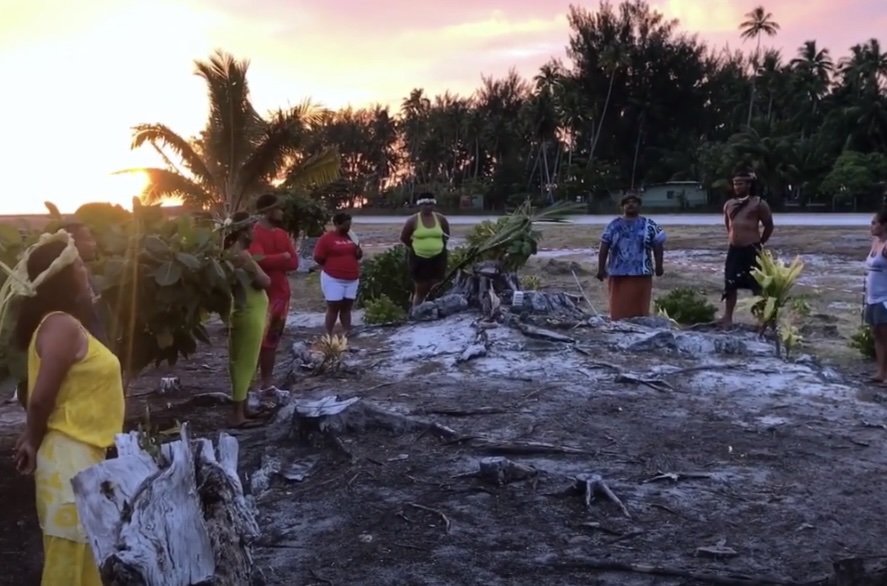
Today, the Maori prayer for food is still widely practiced across New Zealand, both in traditional settings and modern Maori gatherings. It serves as a powerful reminder of identity and heritage, especially in an increasingly globalized world. Here’s how this prayer fits into various aspects of Maori life:
Marae Gatherings
Marae, the traditional meeting grounds of Maori communities, serve as central hubs for cultural, social, and spiritual activities. Karakia are essential rituals performed at marae gatherings, including the opening and closing of meals. These prayers play a crucial role in acknowledging the ancestors, expressing gratitude for sustenance, and fostering unity among participants.
| Occasion | Purpose |
| Opening of Meals | Blessing the food, expressing gratitude, invoking spiritual protection, and fostering unity. |
| Closing of Gatherings | Offering thanks for the gathering, seeking blessings for future endeavors, and bidding farewell. |
Public Events
The Maori prayer for food is not confined to traditional settings but extends to public events, providing opportunities to showcase Maori culture to wider audiences. Whether it’s cultural festivals, official ceremonies, or community gatherings, karakia are performed to honor the Maori heritage and promote cultural awareness and appreciation.
- Cultural Festivals: Karakia are recited to inaugurate and bless communal feasts, symbolizing the connection between food, culture, and spirituality.
- Official Ceremonies: Maori dignitaries often lead karakia to invoke blessings and goodwill at government functions, acknowledging the indigenous roots of the land.
- Community Gatherings: Whether it’s a sports event, market day, or educational workshop, karakia are incorporated to acknowledge the land, ancestors, and shared values.
Family Settings
In the intimate sphere of family life, the Maori prayer for food continues to hold significance. Many Maori families maintain the tradition of reciting karakia before meals, instilling a sense of cultural pride, gratitude, and connection to their heritage. This practice reinforces familial bonds and transmits cultural values from one generation to the next.
| Occasion | Purpose |
| Mealtime | Expressing gratitude for food, honoring ancestors, and fostering unity. |
Cultural Variations
While the core elements of the Maori prayer for food remain consistent across different regions, there are notable variations influenced by the specific iwi and their connections to the land and gods. This diversity reflects the cultural richness and deep-rooted spirituality of the Maori people.
Regional Emphases
Regional variations in the Maori prayer for food often stem from the significance of certain gods or deities in the local mythology and the particular environment of the region. For example:
- Emphasis on Tangaroa: In coastal regions where fishing is a significant part of the traditional way of life, there may be a stronger emphasis on Tangaroa, the god of the sea. Prayers in these areas might include specific expressions of gratitude and reverence for the bounty of the ocean.
- Connection to Tāne Mahuta: In forested areas where hunting and gathering are prominent, Tāne Mahuta, the god of forests and birds, may be invoked more prominently. These prayers may incorporate references to the forest and its inhabitants, acknowledging the role of Tāne Mahuta in providing sustenance.
- Dialectical Variations: Different dialects of the Maori language are spoken across New Zealand, and these dialectical variations can also influence the wording and phrasing of prayers for food. For instance, while the core meaning remains the same, certain words or expressions may differ slightly between regions.
Cultural Significance
The variations in the Maori prayer for food reflect not only the geographical diversity of New Zealand but also the deep cultural connections that the Maori people have with their environment. These prayers are not merely rituals but expressions of gratitude, respect, and reverence for the natural world and the spiritual forces that govern it.
Unity in Diversity
Despite the regional variations, there is a unifying thread that runs through all Maori prayers for food – a profound sense of connection to the land, the ancestors, and the gods. Regardless of the specific wording or emphasis, these prayers serve to reaffirm the spiritual bonds that unite the Maori people and their reverence for the gifts of the earth.
Conclusion
The Maori prayer for food, or karakia, is not just a ritual but a profound expression of cultural identity and spiritual respect. It celebrates the interconnectedness of people, their ancestors, and nature, providing a moment of reflection and gratitude at each meal. This tradition offers a window into the soul of Maori culture, highlighting the importance of food as a sacred link between the physical and spiritual worlds. As this practice continues to evolve, it remains a cornerstone of cultural preservation and understanding for the Maori people, resonating well beyond the shores of New Zealand.
FAQ
A1: Yes, while traditionally led by an elder or someone well-versed in the language and customs, anyone can recite a Maori prayer for food with respect and proper understanding.
A2: It is particularly important during formal gatherings and ceremonies but is also practiced in daily life by many Maori families.
A3: While remaining true to its roots, the Maori prayer for food has incorporated elements from other cultures, especially in its language, reflecting the dynamic nature of Maori cultural practices.
A4: Food is considered a gift from the gods, a source of life and well-being, making the Maori prayer for food a vital cultural practice.
